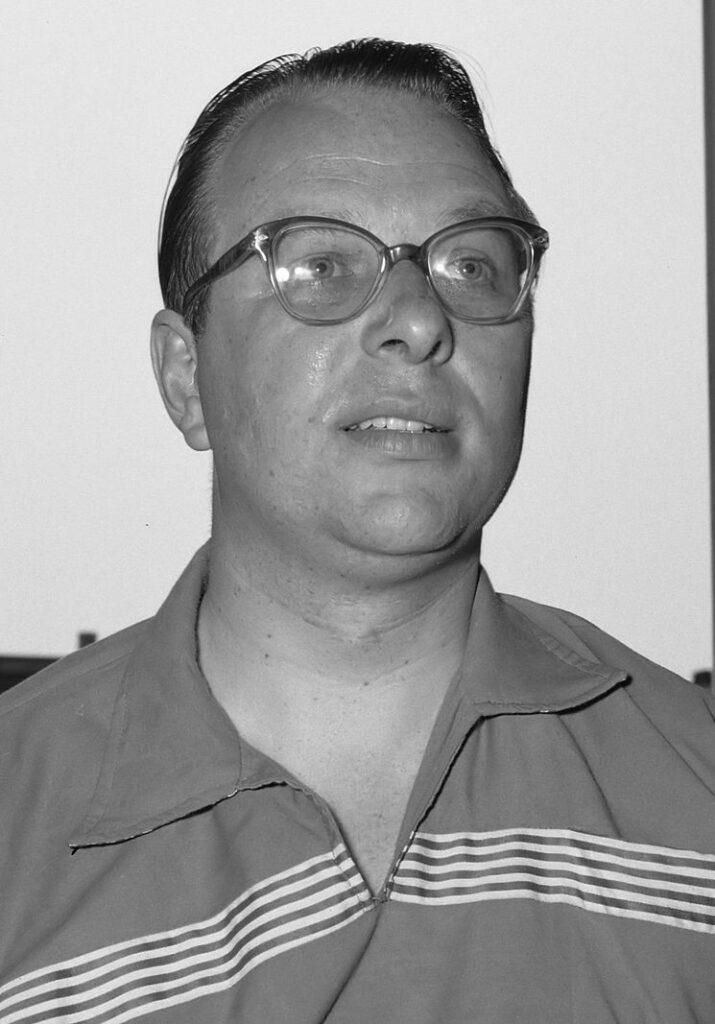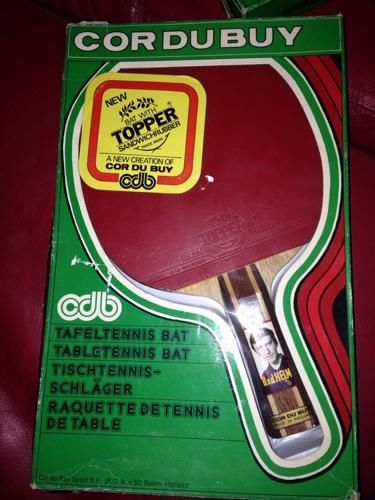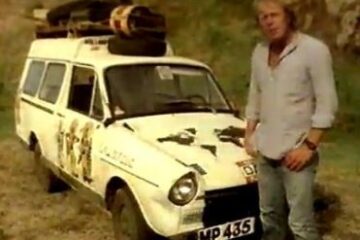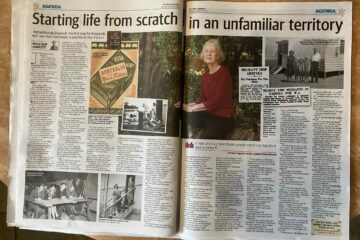
Cornelis du Buy was born on January 8, 1921, in Amsterdam, the son of Cornelis du Buy and Maria Catharina Ramakers. During his teenage years, in the interwar period, Cornelis learned table tennis at home from his father, playing on the dining table. Cornelis’ mother, originally from Limburg, acted as the referee. Cornelis du Buy was fascinated by the game of table tennis from a young age. At the age of eighteen, in 1939, he bought large stocks of ping-pong balls, stamped his name on them, and then sold them. Later, his brother took over this business, the N.V. ‘Cor du Buy,’ and made the ping-pong ball brand known to a wide audience. Over time, the company also began producing table tennis tables and various accompanying accessories, including table tennis paddles. Du Buy’s official table tennis career began in 1937 when, as a sixteen-year-old, he became Dutch champion for the first time. Initially, Du Buy also played football for the Amsterdam club AFC, but table tennis ultimately became his sport.
The following year, in March 1938, over three hundred participants competed in the Dutch Table Tennis Championships, and Du Buy became national champion again. Earlier that year, Du Buy also played in the World Championships with the Netherlands. In those years, just before World War II, he also participated in various international tournaments. Du Buy also demonstrated his skills in exhibition matches in a sometimes unusual manner. He played exhibition matches, including ones where he won games while seated in a chair, while his opponent was free to move around.
During World War II, Du Buy boycotted several table tennis tournaments in protest because Jews were not welcome at these national championships. Du Buy had several Jewish friends who also played table tennis but were suddenly not allowed to play in official matches anymore. According to the website Sportgeschiedenis.nl, Du Buy became personally involved in raids in Amsterdam and the subsequent February Strike in 1941. He saw from the window of his home how people were being arrested and taken away. A close friend of Du Buy ended up in Buchenwald and did not survive the camp. This was Ab Scholte, a table tennis player who was arrested after a training match. Du Buy witnessed it firsthand.
Du Buy did play some national matches in 1942 and 1943 but went into hiding from the fall of 1943 until the end of the war.
Below: Cor du Buy gives a table tennis demonstration in Alkmaar, recording from 1957.
In 1956, he ended his sports career and turned his interest towards politics. Two years later, in 1958, he ran as the lead candidate for the newly formed Sports Interests Party in the Amsterdam municipal elections. Du Buy received over 10,400 votes and was the only one from his party to win a seat.
During his term, Du Buy was responsible for Amsterdam acquiring the Jaap Eden Ice Rink. The list also included Jan Derksen, who was a multiple world champion in track cycling, in fourth place. In 1960, Du Buy resigned his seat and emigrated suddenly to Australia. He most likely passed through the Bonegilla Migration Camp where he he was welcomed as a celebrity. He also showed here his table tennis skills.
However, after a few years, he returned to the Netherlands and briefly resumed his table tennis career.
From 1964 to 1966, he was the coach of the Dutch national table tennis team. In 1968, he got into a conflict with Johan Cruyff over an agreement that Du Buy’s company had with the young Ajax player regarding wearing Puma football boots. According to the contract, Cruyff had to wear them during training sessions and matches, but he didn’t. Du Buy won this case.

In 1979, Cornelis and his brother sold their table tennis company, which was located in Baarn, and two years later, the company filed for bankruptcy.
On November 11, 2011, Cornelis du Buy passed away in Amstelveen at the age of 90. He was praised in an obituary as a ‘great sportsman’ and a ‘very amiable person’.
Scroll down to page 6 (Source National Archives of Australia)


